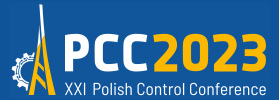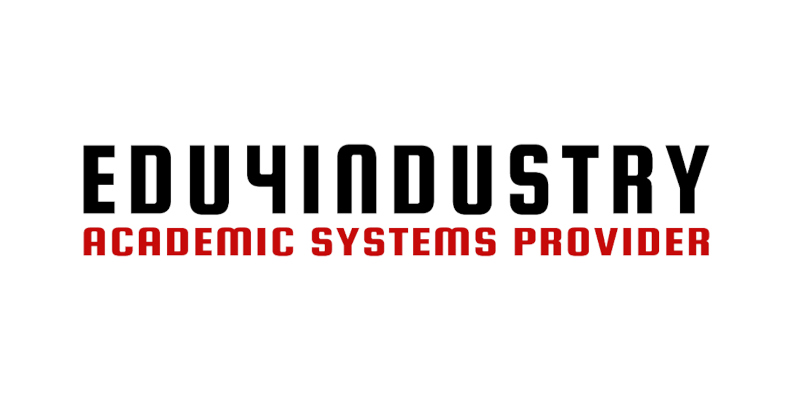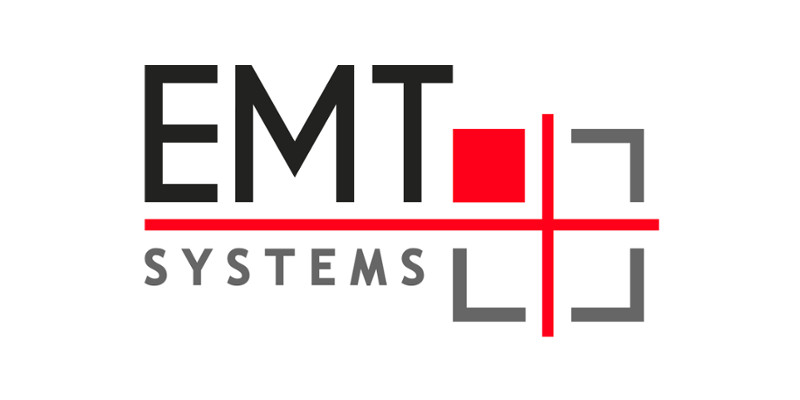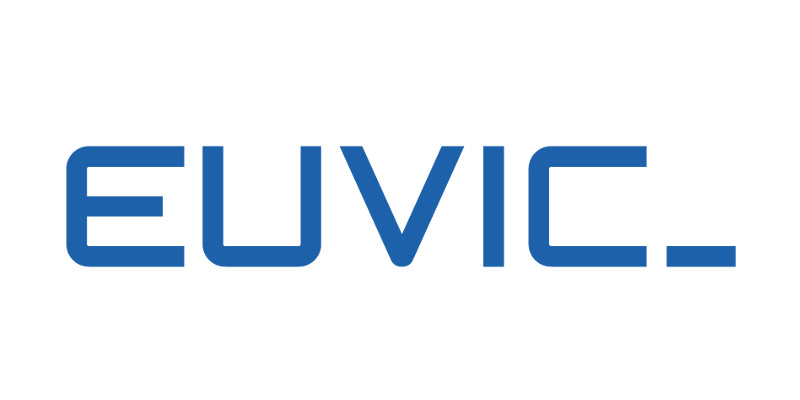Zaproszone referaty plenarne XXI Krajowej Konferencji Automatyki 2023
Energy-efficient wireless sensor networks: models, algorithms, applications
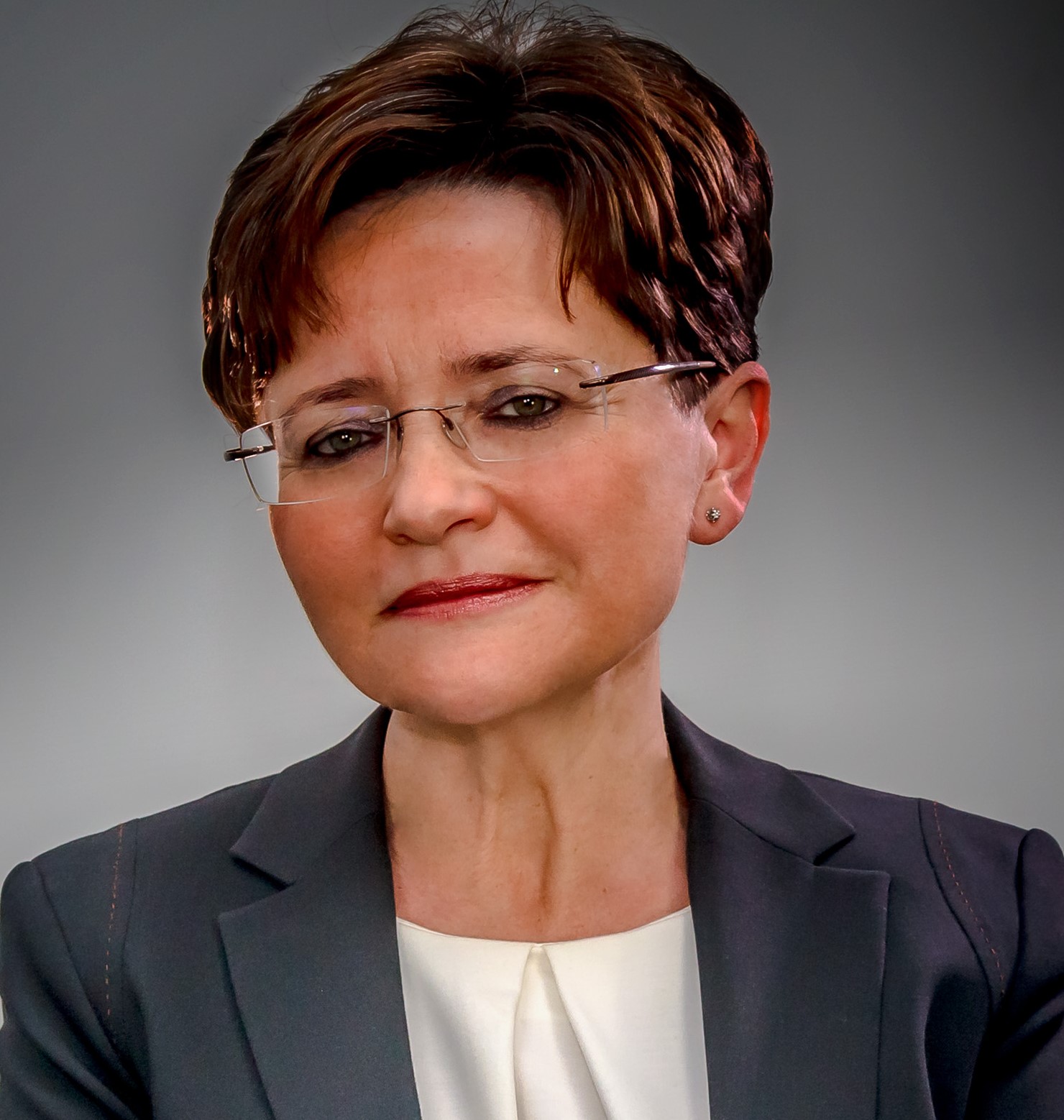 |
Ewa Niewiadomska-Szynkiewicz
|
Progress in hardware and networking technologies enables the large-scale deployment of collaborating smart devices and the creation of modern data acquisition systems. Recently, tremendous interest can be seen in the design and development of wireless sensor networks (WSNs), i.e., self-configuring networks built from numerous embedded devices equipped with a Central Processing Unit (CPU), radio transceiver and sensing modules. Such systems that utilize ad hoc networking – a new paradigm of communication where all wireless devices exchange data and communicate with each other in a collaborative way to achieve a common goal can significantly enhance the capability to sense and control physical environments. The potential applications contain comprehensive surrounding monitoring, unmanned space exploration, disaster management, object tracking, surveillance systems, etc. Rising demand for capabilities of sensing systems, lack of fixed network infrastructure, and limited energy and computation resources of their components provoke a broad spectrum of hardware and software engineering challenges involving high quality and secure communication, optimal deployment, localization, energy-efficiency, self-operability, scalability, performance and security. To meet these needs, various methods are used and implemented, resulting in the development of novel communication protocols, data acquisition algorithms, deployment techniques, localization schemes and computation architectures.
The talk addresses sensing networks' modelling, design and development issues. A model of a mobile, energy-aware wireless sensor network is provided. Radio transmission models used in the research and design of such type of networks are presented and discussed. Due to the limited resources available in sensor networks, achieving a desired trade-off between power consumption and network performance is extremely important. Therefore, attention is focused on various energy-saving techniques and computing architectures. Considered are approaches involving network clustering, controlling both device activity and the transmitted signal's power level. The computing architectures utilizing fog and edge computing paradigms are proposed. Other issues considered are online localization of a set of devices and motion patterns calculation to form a cooperative and coherent network. We survey a spectrum of solutions, including the results of our research and discuss their advantages and disadvantages based on experiments conducted in simulators and testbed networks. The talk concludes with a presentation of a self-organizing and collaborative network that enables continuous sensing of clouds created by heavy hazardous toxic substances and automatically adopts its behaviour to changes in the environment to achieve a goal.
Ewa Niewiadomska-Szynkiewicz, PhD, DSc is a professor of technical sciences. She took a PhD and DSc degrees in automatic control and robotics, both from the Warsaw University of Technology (WUT). In 2017 she received a professor's nomination from the President of Poland. Since 1988 with the Faculty of Electronics and Information Technology (WUT), currently a full professor and head of the Complex Systems Group (WUT). Since 2022 expert and director's advisor at the Central Mining Institute (GIG) and vice president of the Information Sharing and Analysis Center for the Mining and Energy Sector (ISAC-GIG). In 2009 - 2022 Deputy Director - Director for Research at the National Research Institute NASK and head of the Center for Research and Technology Transfer. In 1999 – 2001 an employee of Knowledge Support Systems Group plc., UK. In 2010 -2016 an expert on the Polish Accreditation Committee. Since 2012 a member of the Committee on Automatic Control and Robotics of the Polish Academy of Sciences, currently head of the Decision Supporting Systems Section. Since 2016 a member of the Council for the Foundation of Systemic Sciences. She coordinated several the groups' activities. She participated in about 50 national and international research projects, including EU projects (5th FP, 7th FP, and Horizon 2020) and works carried out under the cooperation of research groups and commercial companies. For many years she was involved in research on complex systems modelling, control and optimization, decision support systems, computer simulation, ICT systems, cybersecurity, and high-performance computing. She is the author and co-author of 4 books and about 200 journal and conference papers. She was awarded many times for scientific work.
Roboty mobilne, które ratują życie. Zastosowania praktyczne i najnowsze trendy rozwojowe.
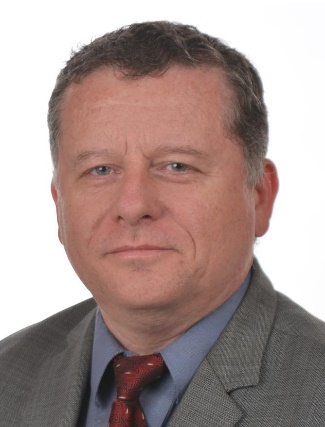 |
Piotr Szynkarczyk
|
Since the beginning there has been a constant evolution in the development of mobile robots used in the army, police and in other similar application areas. There are also new tactics to use them. At first, these were very simple devices created as a result of the personal involvement of police pyrotechnicians, later these works were institutionalized and mobile robots became more advanced. For many later years, the shape of these designs was mainly the result of technical conditions. As a result of further - ongoing - development, mobile robots began to have functionalities increasingly resulting from the needs of users and the tactics of their use. As a result of this process, the range of robot applications has expanded significantly in recent years. This is related to both technological progress and the increase in the awareness of users who more and more clearly see the legitimacy of replacing humans with robotic systems in some tasks, and also see the benefits of cooperation between humans and robots.
Just before year 2000 there was designed in Łukasiewicz - PIAP institute first Polish mobile robot for police bomb squads. Since then many new robots were designed in Łukasiewicz - PIAP institute. Hundreds of those robots are now in use worldwide. Among robots made by other companies, also those designed in Poland will be examples of development trends in this special applications field.
Dr hab. Inż. Piotr Szynkarczyk - dyrektor Sieć Badawcza Łukasiewicz - Przemysłowego Instytutu Automatyki i Pomiarów PIAP. Kieruje blisko 300 osobowym zespołem odnoszącym sukcesy w działalności badawczo-rozwojowej w obszarze szeroko pojętej automatyki i robotyki oraz prowadzi działalność analityczną i ekspercką w zakresie bezzałogowych pojazdów lądowych w zastosowaniach wojskowych oraz w zakresie robotów mobilnych do zastosowań cywilnych. Absolwent Uniwersytetu Łódzkiego Wydział Zarządzania Polsko-Amerykańskich studiów w zakresie komercjalizacji innowacyjnych przedsięwzięć i nowych technologii (na licencji Institute of the University of Texas at Austin, USA, 2010), doktor nauk technicznych (2000), absolwent Politechniki Warszawskiej Wydział Mechaniczny Energetyki i Lotnictwa (1992). Współtwórca pierwszych polskich robotów pirotechnicznych Inspector i Expert stosowanych w kraju i za granicą. Autor i współautor 12 zgłoszeń patentowych i ponad 70 publikacji naukowo-technicznych w wydawnictwach polskich i zagranicznych. Ceniony ekspert, członek m.in.: Komitetu Automatyki i Robotyki Polskiej Akademii Nauk, Rady Głównej Instytutów Badawczych oraz International Association for Automation and Robotics in Construction. Wiceprezes Izby Zaawansowanych Technologii IZTECH. Zainteresowania zawodowe prof. Piotra Szynkarczyka związane są z robotyką mobilną, zastosowaniem sztucznej inteligencji w robotyce, sterowaniem systemami autonomicznymi z wykorzystaniem sterowników rozproszonych o budowie inspirowanej wzorcami biologicznymi, teleoperacją na duże odległości oraz zastosowaniem sztucznych sieci neuronowych. Odznaczony Orderem Odrodzenia Polski (2016), złotym medalem „Za zasługi dla obronności kraju” nadanym przez Ministra Obrony Narodowej (2015), a także Brązowym Krzyżem Zasługi nadanym przez Prezydenta Rzeczypospolitej Polskiej (2005).
Intelligent Fault Diagnosis for Rotating Machinery
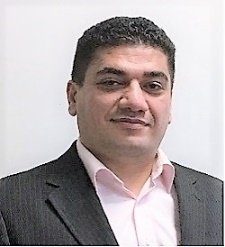 |
Hamid Reza Karimi
|
Industry 4.0 has enabled the automation of process improvements and decision making based on the collection of large amounts of plant data. Due to the economic advantages of maintenance optimization, there is significant interest from both academia and industry on the topic of fault detection and prognostics for complex systems. The objective of this speech is to address some challenges and recent results on fault diagnosis of mechanical systems, with a focus on advanced artificial intelligence algorithms developments. Specifically, different deep learning models such as deep supervised, unsupervised and reinforcement learning algorithms are examined to establish a trustworthy intelligence fault diagnosis model. The talk will be concluded with some concluding remarks on both technical and practical aspects of intelligent fault diagnosis in identifying the fault types in rotary machines.
Prof. Dr. Hamid Reza Karimi is currently Professor of Applied Mechanics with the Department of Mechanical Engineering, Politecnico di Milano, Milan, Italy. Karimi’s original research and development achievements span a broad spectrum within the topic of automation/control systems, and intelligence systems with applications to complex systems such as wind turbines, vehicles, robotics and mechatronics. Karimi is an ordinary Member of Academia Europa (MAE), Distinguished Fellow of the International Institute of Acoustics and Vibration (IIAV), Fellow of The International Society for Condition Monitoring (ISCM), Fellow of the Asia-Pacific Artificial Intelligence Association (AAIA), Member of Agder Academy of Science and Letters and also a member of the IFAC Technical Committee on Mechatronic Systems, the IFAC Technical Committee on Robust Control, and the IFAC Technical Committee on Automotive Control. Karimi is the recipient of the 2021 BINDT CM Innovation Award, the 2016-2021 Web of Science Highly Cited Researcher in Engineering, the 2020 IEEE Transactions on Circuits and Systems Guillemin-Cauer Best Paper Award, August-Wilhelm-Scheer Visiting Professorship Award, JSPS (Japan Society for the Promotion of Science) Research Award, and Alexander-von-Humboldt-Stiftung research Award, for instance. Karimi is currently the Editor-in-Chief of the Journal of Cyber-Physical Systems, Subject Editor, Technical Editor or Associate Editor for some international journals and Book Series Editor for Springer, CRC Press and Elsevier. He has served as Guest Editors for more than 30 Special Issues in ISI journals. Prof. Karimi has also participated as General Chair, keynote/plenary speaker, distinguished speaker or program chair for several international conferences in the areas of Control Systems, Robotics and Mechatronics. His H index according to WoS is 85 and the number of citations is over 23690..
Pursuing Frontiers of Machine Learning: Technology and Society
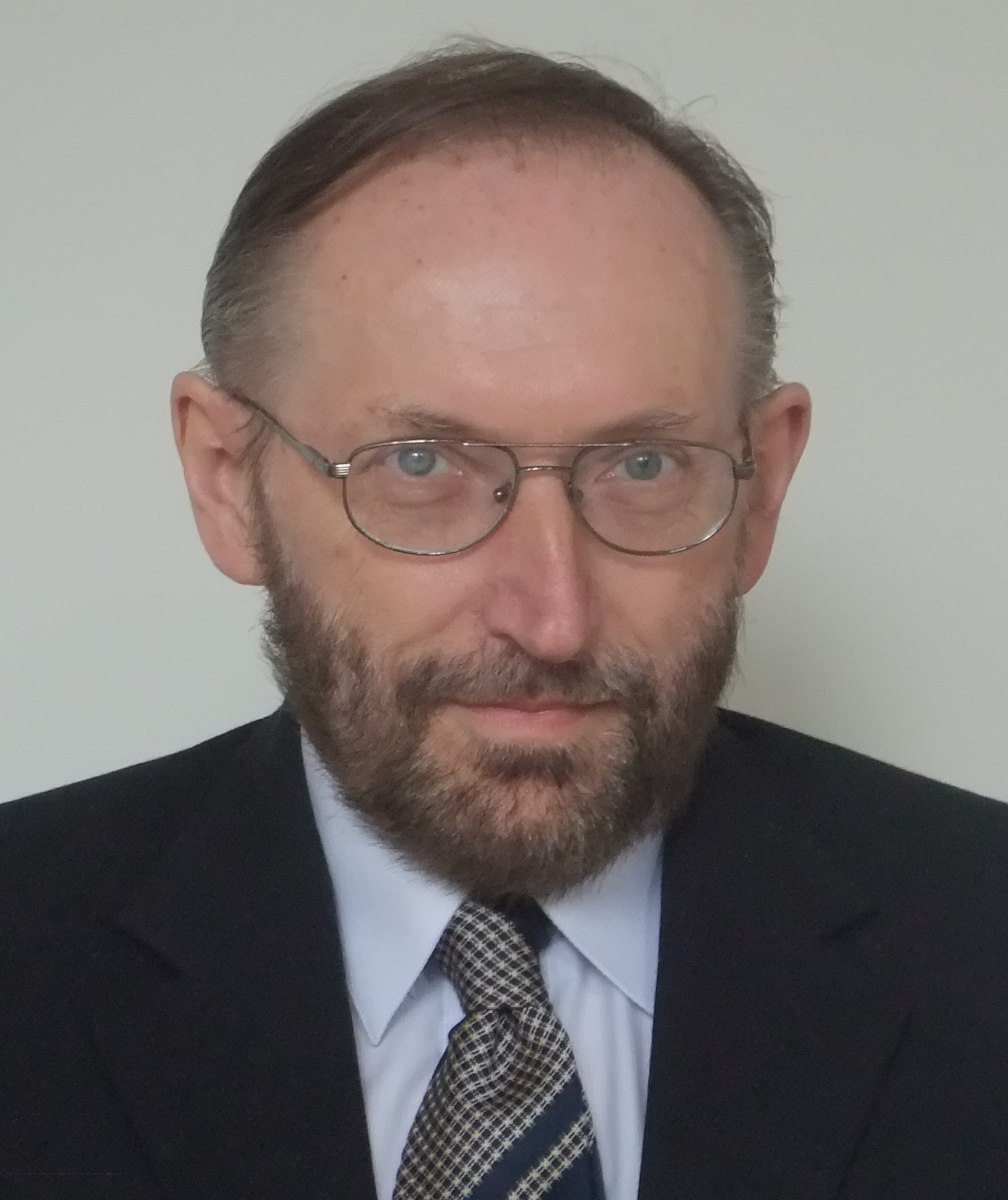 |
Witold PedryczDepartment of Electrical & Computer Engineering,University of Alberta, Edmonton, Canada
Download the presentation |
Over the recent years, we have been witnessing spectacular achievements of Artificial Intelligence and Machine Learning (ML), in particular. We have seen highly visible accomplishments encountered in natural language processing and computer vision impacting numerous areas of human endeavours. Being driven inherently by the technologically advanced learning and architectural developments, ML constructs are highly impactful coming with far reaching consequences; just to mention autonomous vehicles, health care imaging, decision-making processes in critical areas, among others.
We advocate that the design and analysis of ML constructs have to be carried out in a holistic manner by identifying and addressing a series of central and unavoidable societal quests. The key challenges on the list of interest concerns interpretability, energy awareness (being also lucidly identified on the agenda of green AI), efficient quantification of quality of ML constructs, their brittleness and conceptual stability coming hand in hand with the varying levels of abstraction. The credibility of ML models is also of concern to the society. The above stated quests are highly intertwined and exhibit relationships with the technological end of ML. As such, they deserve prudent attention, in particular when a multicriterial facet of the problem is considered.
The talk elaborates on the above challenges, offers definitions and identifies the linkages among them. In the pursuit of coping with such challenges, we advocate that Granular Computing can play a pivotal role offering a conceptual environment and realizing algorithmic development. As a detailed study, we discuss the ideas of knowledge transfer showing how a thoughtful and prudently arranged knowledge reuse to support energy-aware ML computing. We discuss passive and active modes of knowledge transfer. In both modes, the essential role of information granularity is identified. In the passive approach, information granularity serves as a vehicle to quantify the credibility of the transferred knowledge. In the active approach, a new model is constructed in the target domain whereas the design is guided by the loss function, which involves granular regularization produced by the granular model transferred from the source domain. A generalized scenario of multi-source domains is discussed. Knowledge distillation leading to model compression is also studied in the context of transfer learning. The aspects of interpretability, credibility, and brittleness are identified and possible solutions with this regard are highlighted.
Witold Pedrycz (IEEE Life Fellow) is Professor in the Department of Electrical and Computer Engineering, University of Alberta, Edmonton, Canada. He is also with the Systems Research Institute of the Polish Academy of Sciences, Warsaw, Poland. Dr. Pedrycz is a foreign member of the Polish Academy of Sciences and a Fellow of the Royal Society of Canada. He is a recipient of several awards including Norbert Wiener award from the IEEE Systems, Man, and Cybernetics Society, IEEE Canada Computer Engineering Medal, a Cajastur Prize for Soft Computing from the European Centre for Soft Computing, a Killam Prize, a Fuzzy Pioneer Award from the IEEE Computational Intelligence Society, and 2019 Meritorious Service Award from the IEEE Systems Man and Cybernetics Society.
His main research directions involve Computational Intelligence, Granular Computing, and Machine Learning, among others.
Professor Pedrycz serves as an Editor-in-Chief of Information Sciences, Editor-in-Chief of WIREs Data Mining and Knowledge Discovery (Wiley), and Co-editor-in-Chief of Int. J. of Granular Computing (Springer) and J. of Data Information and Management (Springer).
Clear and Consistent Way Towards Industry 4.0 with Euvic and Google Production Optimization Solutions
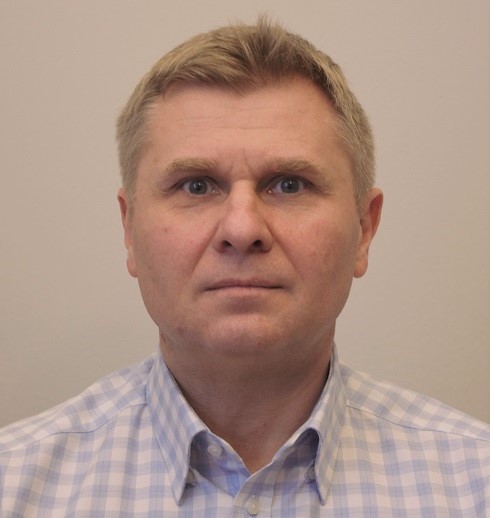 |
Zbigniew GałaEuvic Solutions S.A.Warsaw, Poland
Download the presentation |
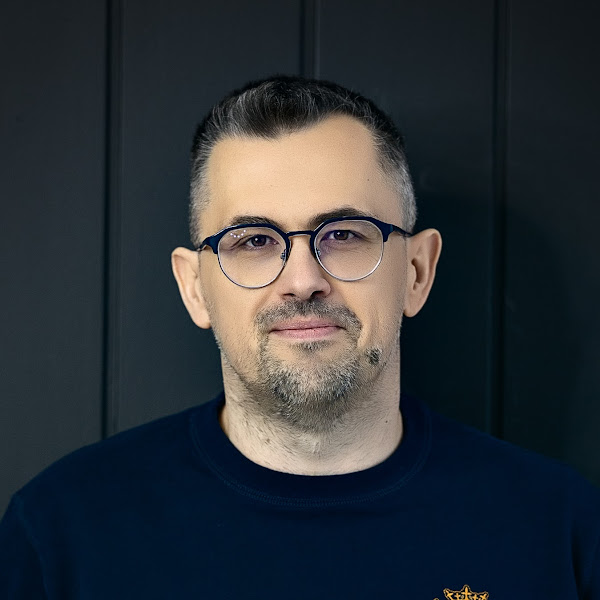 |
Krzysztof Sprawnik
Google PolskaWarsaw, Poland |
Euvic Solutions S.A and Google has been actively involved in the development of Industry 4.0, which is also known as the Fourth Industrial Revolution. This revolution involves the integration of advanced digital technologies such as the Internet of Things (IoT), big data analytics, artificial intelligence, and machine learning into manufacturing processes.
As part of its Industry 4.0 initiative, Google has developed several tools and solutions that help manufacturers improve their operations and optimize their processes. One such tool is The Manufacturing Data Engine, uses machine learning algorithms to analyze large volumes of data in real-time, providing manufacturers with valuable insights into their operations. This enables manufacturers to make data-driven decisions, identify patterns and trends, and make continuous improvements to their processes. Overall, the Manufacturing Data Engine is an important tool for manufacturers looking to embrace Industry 4.0 and take advantage of the benefits of digital transformation.
Zbigniew Gała is a Digital Transformation Manager and Enterprise Architect. He brings a unique perspective to the table, having successfully led and delivered large-scale IT initiatives across a wide range of industries. With a focus on creating cohesive and integrated IT solutions, Zbigniew is passionate about leveraging his expertise in data architecture and governance to drive business value and optimize organizational performance. Zbigniew is also certified Business Analyst and Business Process professional with a proven track record of driving process improvements and delivering business value.
Krzysztof Sprawnik is a Google Cloud Engineer with over 20 years of experience in the IT industry. He is passionate about using technology to solve real-world problems, and he has a deep understanding of the challenges and opportunities that businesses face in today's digital age. Krzysztof began his career as a hardware engineer, and he quickly developed a strong understanding of how computers work. He then moved into the field of virtualization, and he helped to develop some virtualization solutions that were used in the enterprise. In recent years, Krzysztof has focused on cloud solutions, and he is now an expert in Google Cloud Platform. He is a highly skilled and experienced engineer, and he is also a great communicator. He is able to explain complex technical concepts in a clear and concise way, and he is always willing to help others learn and grow. Krzysztof is a valuable asset to any team, and he is sure to make a significant contribution to Google Cloud Platform.
Implementing Innovations in Production Processes using Agile Business Models and Technology Convergence
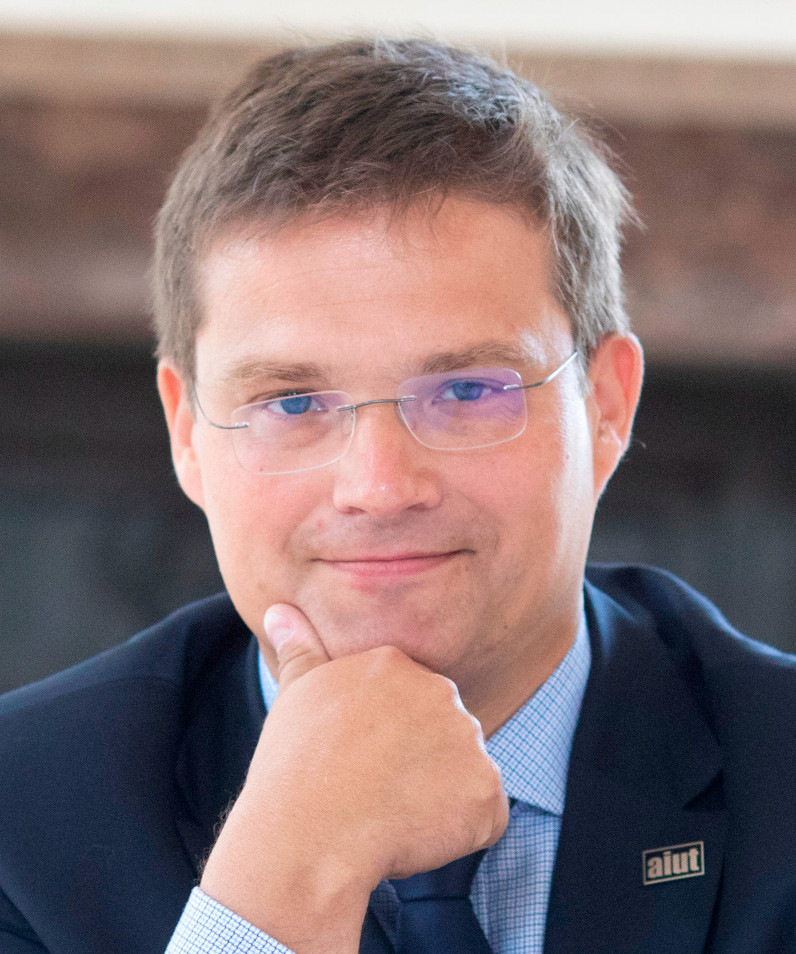 |
Marek Gabryś
President of the Management Board, co-owner of AIUT Group
Download the presentation |
Marek Gabryś, an engineer, entrepreneur and innovator, he has been involved with the AIUT Group's operations for over 20 years. As a long-standing vice-president/co-owner and, since 2021, the president of AIUT and majority owner, involved in the group's global operational activities.
AIUT is an engineering company (1000 employees, 600 engineers) delivering complex automation, and robotics solutions worldwide. AIUT HQ is in Gliwice, Poland with subsidiaries (local competence centers) in the USA, Canada, Germany, Romania, India and China. AIUT provides automation integration, software development, machine building, robotized production lines, automated warehousing, intralogistics (based on proprietary AMR/AGV solution), digital twin for assets management (IBM Maximo), IoT systems and more. The company helps to build cutting-edge technologies and implement innovative products.


